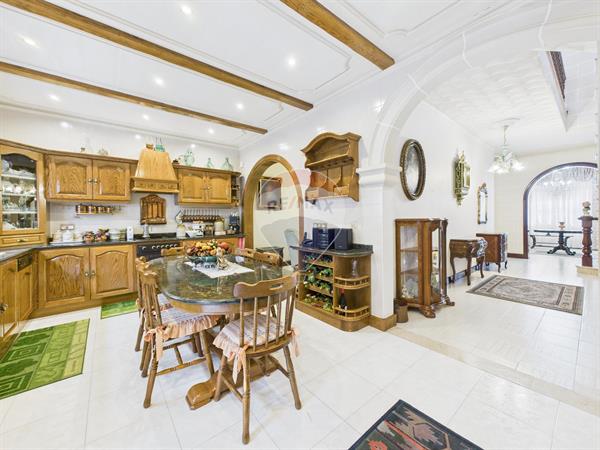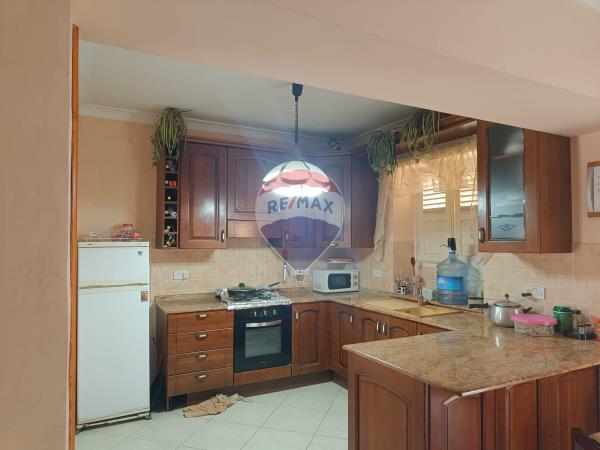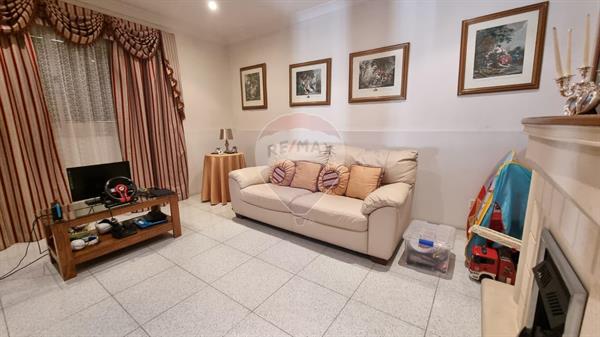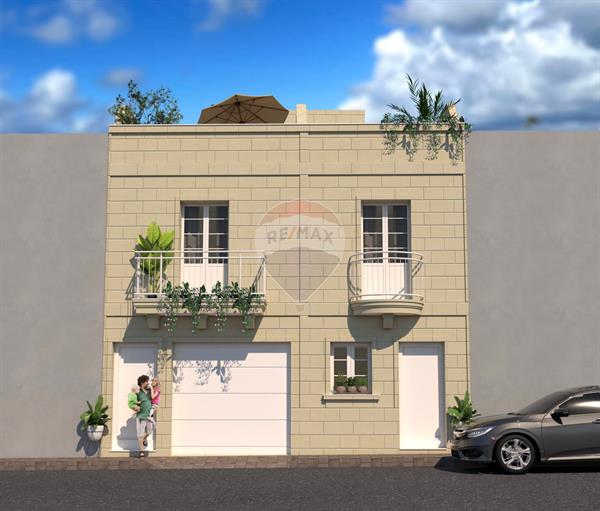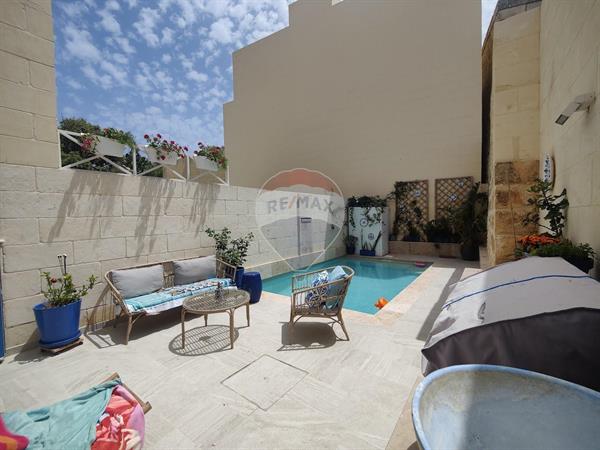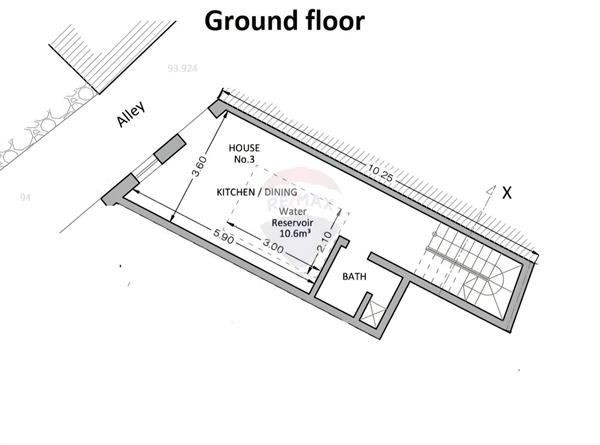When thinking about investing in a terraced house in Malta, several crucial elements require your attention to ensure a smart and fulfilling purchase. First on the list is determining your budget. It may seem obvious, but establishing a clear budget will help narrow down options and prevent overspending, which is easy to do in a competitive market.
Consider the neighbourhood carefully. Malta offers a diverse selection of localities, each with its unique charm and amenities. For instance, if you’re after a bustling urban vibe, areas like Sliema and St. Julian’s may appeal to you. On the other hand, for a more tranquil and traditional Maltese experience, towns like Rabat or Mosta could be more suitable. Take note of the proximity to key facilities such as supermarkets, healthcare services, schools, and public transport. All these factors play a pivotal role in daily convenience and overall living satisfaction.
Another significant factor is the property’s condition. Terraced houses in Malta can range from newly built to decades-old heritage homes. While the latter exudes character and history, they require more maintenance and potential renovation. Engaging a trusted surveyor to assess the property’s state can help you avoid unexpected costs and structural issues down the line.
Don’t overlook the aspect of future development plans in the area. While you may find a property that’s currently situated in a quiet neighbourhood, upcoming construction projects could change the landscape drastically. Checking with local planning authorities about any planned developments can save you from future surprises.
Think about the resale value as well. Even if you plan to stay in the property long-term, the resale potential should not be ignored. Factors that affect resale value include the property’s architectural integrity, location, and any improvements or upgrades you make. Properties in prime locations or those with unique features generally hold their value better over time.
For those considering renting out the property, it’s essential to understand the rental market in Malta. Tourist-heavy areas typically offer higher rental yields but may also come with greater competition and regulation. Researching current rental rates and occupancy trends will help gauge the potential return on investment.
Lastly, think about your long-term plans. Are you planning to live in the house year-round, use it as a vacation home, or rent it out? Each scenario comes with different requirements and considerations, from the level of furnishings needed to the type of property management services you might require.
By taking these factors into account, you’ll be in a better position to make a sound investment in a terraced house in Malta. Always remember that thorough research and consulting with local experts can go a long way in helping you find the perfect home.


